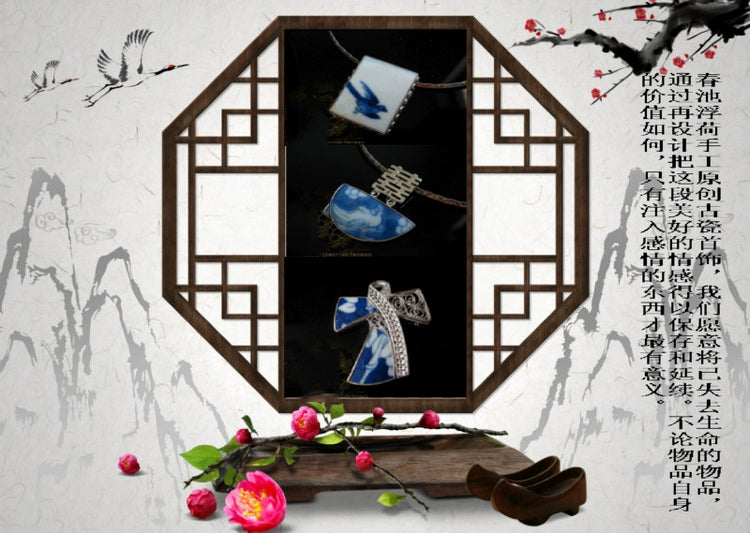1
/
su
6
Jian kiln Song Dynasty, Jian Zhan oil drop change, kiln change, sterling silver ancient porcelain jewelry necklace, antique pendant necklace pendant
Jian kiln Song Dynasty, Jian Zhan oil drop change, kiln change, sterling silver ancient porcelain jewelry necklace, antique pendant necklace pendant
Prezzo di listino
$599.00 USD
Prezzo di listino
$1,009.00 USD
Prezzo scontato
$599.00 USD
Spese di spedizione calcolate al check-out.
Quantità
Impossibile caricare la disponibilità di ritiro

Notice: Due to the transmutation in kiln, the pattern on each teaware will be slightly different. Therefore, every Jian zhan Tenmoku is unique and special, but it will be remained generally the same.
Visualizza dettagli completi





About BinBen Culture
At Binben Culture, we preserve the centuries-old legacy of Chinese ceramic mastery, blending time-honored techniques with modern design to create exquisite porcelain that elevates everyday life with artistry, quality, and cultural essence.






